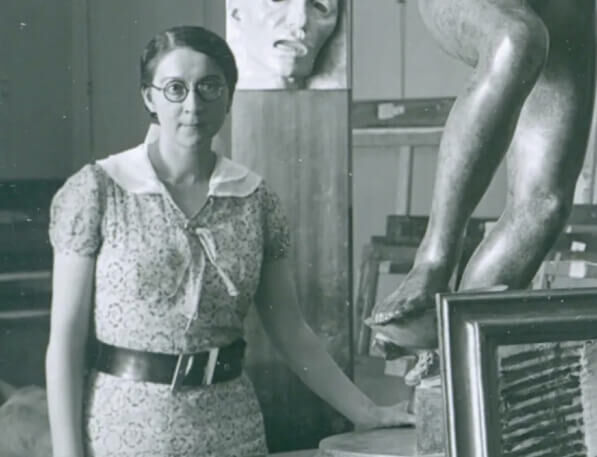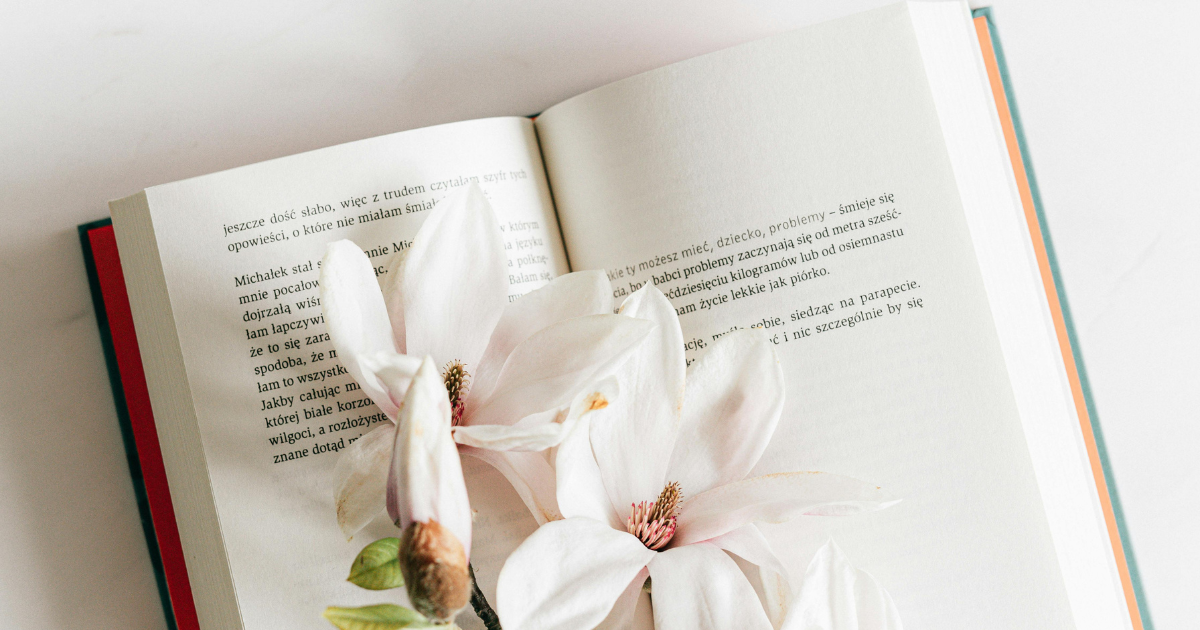The silence that saved beauty
How one woman preserved France's cultural heritage during the occupation

Heroes are often portrayed in capes, and gleaming armor, standing on battlefields where the air is thick with gunpowder and the echoes of cries and fanfare fill the atmosphere. Such imagery conjures the grandeur and multifaceted nature of heroism. Yet true heroism is rarely loud. It doesn’t always come with the fanfare of trumpets or the sparkle of triumphant moments. It is like a delicate web, woven from acts of quiet courage and faith, where every choice reverberates silently in the heart. This is the heroism that doesn’t shout but endures. Such was the heroism of Rose Valland, a woman whose love for art and quiet bravery helped preserve tens of thousands of masterpieces stolen by the Nazis.
The beginning of a journey
Rose Antonia Maria Valland was born on November 1, 1898, in Saint-Étienne-de-Saint-Geoirs, France. Her passion for art led her to study at the National School of Fine Arts in Lyon, the École des Beaux-Arts in Paris, the École du Louvre, and the Sorbonne. She was the kind of child who always asked questions. “Why is this line curved? What was the artist trying to convey here?” She found her answers in books, lectures, and long museum walks.
Despite her brilliant education, Rose’s career began humbly. In 1932, she became a volunteer at the Jeu de Paume Museum in Paris. She soon rose to the position of curator, but her true mission began with the occupation of Paris in 1940.
On the frontline of a cultural battle
During the war, the Jeu de Paume became a transit point for art looted from private collectors, primarily Jews. To Rose, these were not just canvases and pigments – they were fragments of human souls, confined in frames. Each time she saw paintings being taken out of the museum, her heart broke, but her hands remained steady. "Record it, document it," she told herself. She watched as the beauty she cherished was plundered, and each stolen masterpiece scarred her soul.
Her quiet demeanor and composed exterior became her shield. She sat at her desk, flipping pages with the appearance of someone engaged in mundane administrative work. She listened to conversations, memorized routes, and made notes in the margins of documents, knowing any mistake could cost her life. One day, when she was caught making notes, a tense silence filled the room, like the hush in a gallery before closing. She smiled and said, “Just cataloging.” That simple explanation saved her.
Whenever someone entered the room where she worked, she glanced up from her papers and smiled apologetically, as if to excuse her unassuming presence. They didn’t know she understood German, and even those who suspected her underestimated her resolve.
After the war
When the war ended, Rose became a key figure in the recovery of stolen art. Her meticulous records, pages filled with numbers, names, and addresses served as a map to the lost masterpieces. Working with the First French Army and later with the National Museums, she helped recover over 60,000 works of art. Sometimes, standing before a rescued painting, she would quietly whisper, “You’re home.”
In 1961, Rose published her memoir Le Front de l’Art, detailing her efforts. The book garnered significant attention, praised for its authenticity and depth. Without grandiosity, it offered a raw, truthful account that left readers moved. The memoir inspired the 1964 film ‘The Train,’ giving the world a chance to see this chapter of history from a new perspective.
A heroine’s legacy
Rose Valland passed away in 1980, leaving behind an invaluable legacy. Her memoir was recently translated into English in 2023 by Anna Bottinelli, president of the Monuments Men and Women Foundation, bringing Rose’s story back into the spotlight. Bottinelli remarked, “Her story reminds us that the courage of one individual can preserve the beauty of the entire world.”
Today, Rose Valland’s heroic deeds are not just a part of French history but a testament to how love for culture can change the world. Her greatness didn’t lie in grand speeches or banners but in the quiet decision to stay, even when all that remained was fear. It was in writing down Rembrandt’s name on a piece of paper, knowing that this simple act could save his immortality.


